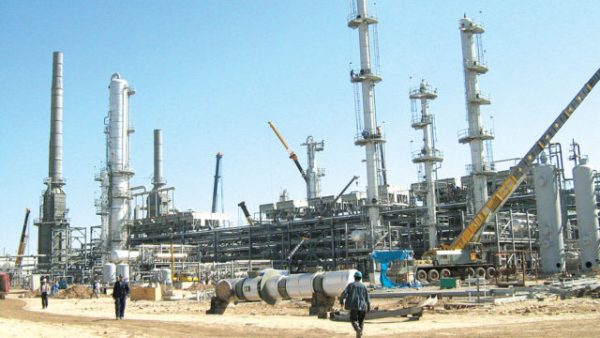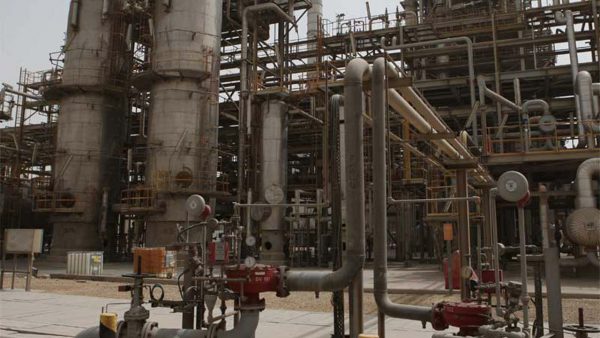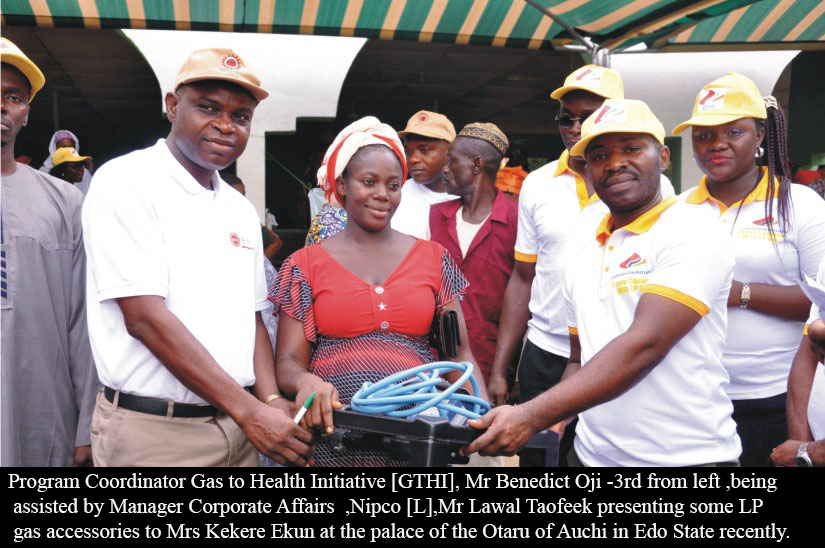New refineries to overrun inefficient plants by 2024
 An increase in the number of new refining capacity, expected to extend till the end of 2024, signifies major competition ahead for the oil industry, with possible shutdowns, the International Energy Agency (IEA), said in its Oil 2019 Report.
An increase in the number of new refining capacity, expected to extend till the end of 2024, signifies major competition ahead for the oil industry, with possible shutdowns, the International Energy Agency (IEA), said in its Oil 2019 Report.
The IEA noted specifically that such a capacity expansion will require shutdowns to balance, estimating that 4.3 million barrels daily (b/d) should theoretically be closed by 2024, so that the new additions do not exceed the products demand growth.
As it were, shutdowns of Nigeria’s local refineries appear imminent as operating deficit rises to N132.5billion.
With Dangote Refinery expected to commence operations within the timeline with a capacity of 650,000 b/d of crude oil, Nigeria’s existing refineries may cease to operate having continued to record huge deficit over the years.
Indeed, the Refinery is touted to have the capacity to meet 100% of the domestic requirement of all liquid petroleum products (Gasoline, Diesel, Kerosene and Aviation fuel), leaving the surplus for export.
Besides, new data from the Nigerian National Petroleum Corporation (NNPC) showed on Tuesday, that the operating deficit recorded by the nation’s refineries rose by 39 per cent to N132.5billion in 2018, compared to the previous year.
The refineries posted a loss of N95.09billion in 2017, according to the NNPC data.
The refineries, which are located in Port Harcourt, Kaduna, and Warri, have a combined installed capacity of 445,000 b/d, but have continued to operate far below the installed capacity for many years.
Port Harcourt refinery, which did not process any crude oil in seven months, recorded the biggest loss of N59.96billion in 2018.
Kaduna refinery, which was idle for 11 months, lost N31billion, while Warri refinery recorded a deficit of N41.71billion, according to the NNPC.
A total of N13.58billion was lost in January; N8.05billion in February; N11.88billion in March; N20.08billion in May; N14.51billion in June; N10.45billion in July; N10.79billion in August; N6.97billion in September, N9.32billion in October, N9.58billion in November and N17.31billion in December.
The refineries made a profit of N6.32billion in April, for the first time in 10 months.
It was observed that Warri refinery was idle in January, September and October 2018.
The NNPC, in its monthly report released on Tuesday, said its group operating revenue for December stood at N731.88billion, N439.59billion higher than the previous month performance, while expenditure surged by N429.52billion.
According to the IEA report, as much as 9.1 million b/d of net additions will come on line by the end of the forecast period in 2024, which is twice the size of the growth in demand for refined products.
“Almost two thirds of the new capacity, as well as two thirds of refined products demand growth, will be in Asia,” the IEA said.
New refining capacity in the Middle East and Asia accounts for 78% of global additions, the report added.
The new additions include the Al-Zour refinery in Kuwait, and capacity addition at Kuwait’s Mina Abdulla, the Jazan refinery in Saudi Arabia, expansions at Iran’s refineries, and restoration of war-damaged facilities in Iraq as well as some greenfield projects.
The agency revised its forecast of refining capacity additions “due to a more aggressive Chinese expansion,” with net global additions now 1.9 million b/d higher than in its Oil 2018 report.
“It is the arrival of the three large independent players that signifies a major change in China’s refining landscape,” the report said, citing the large petrochemical-oriented refineries built by Hengli, Rongsheng and Shenghong Groups in the coastal Liaoning, Zhejiang and Jiangsu provinces.
China will become the leader “in terms of installed refinery capacity” by 2024, as a “U.S. Gulf Coast-type refining hub is emerging along China’s northeast coast,” the IEA said, adding, “Overall, China’s refining capacity additions will be almost double the size of total demand growth.”







